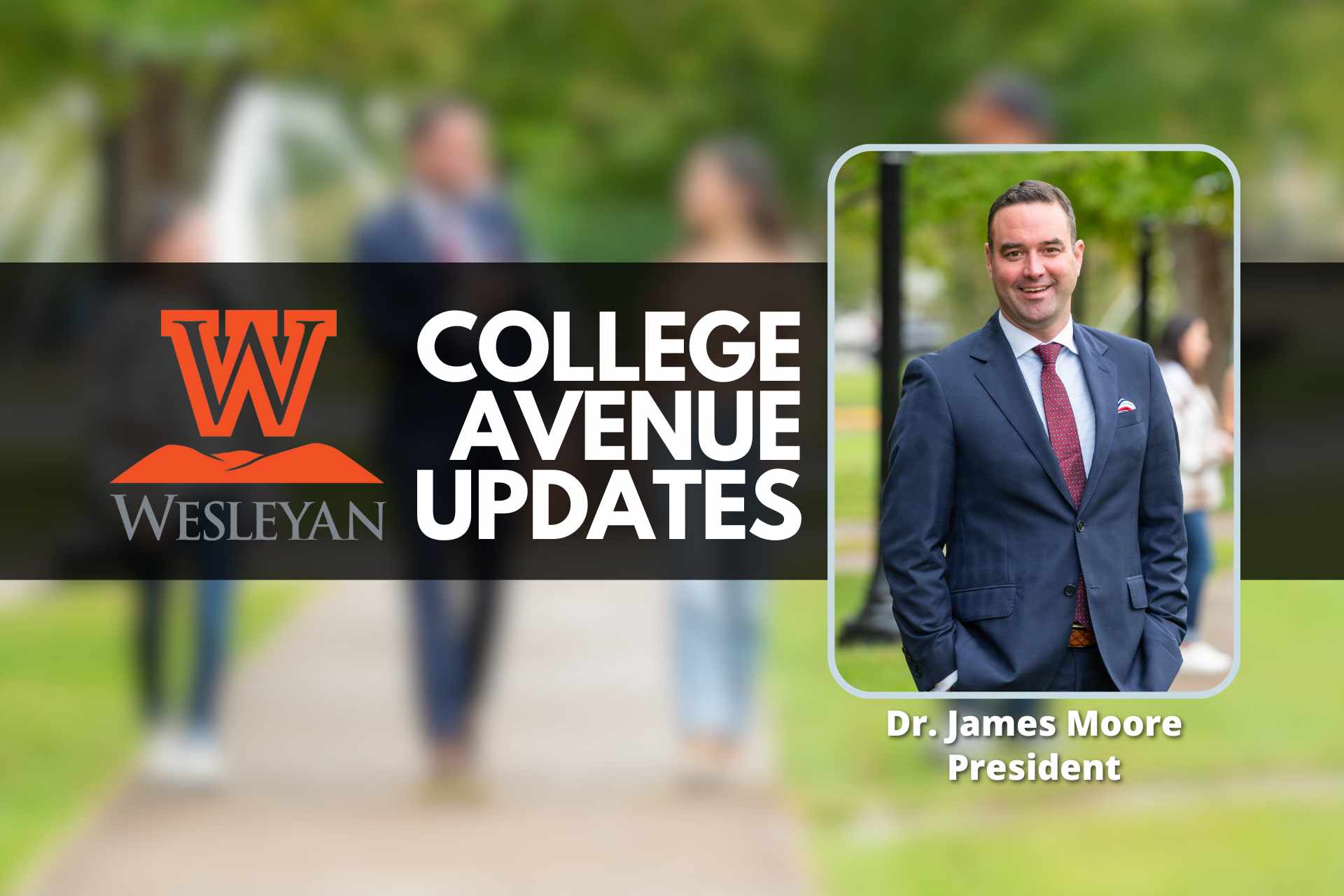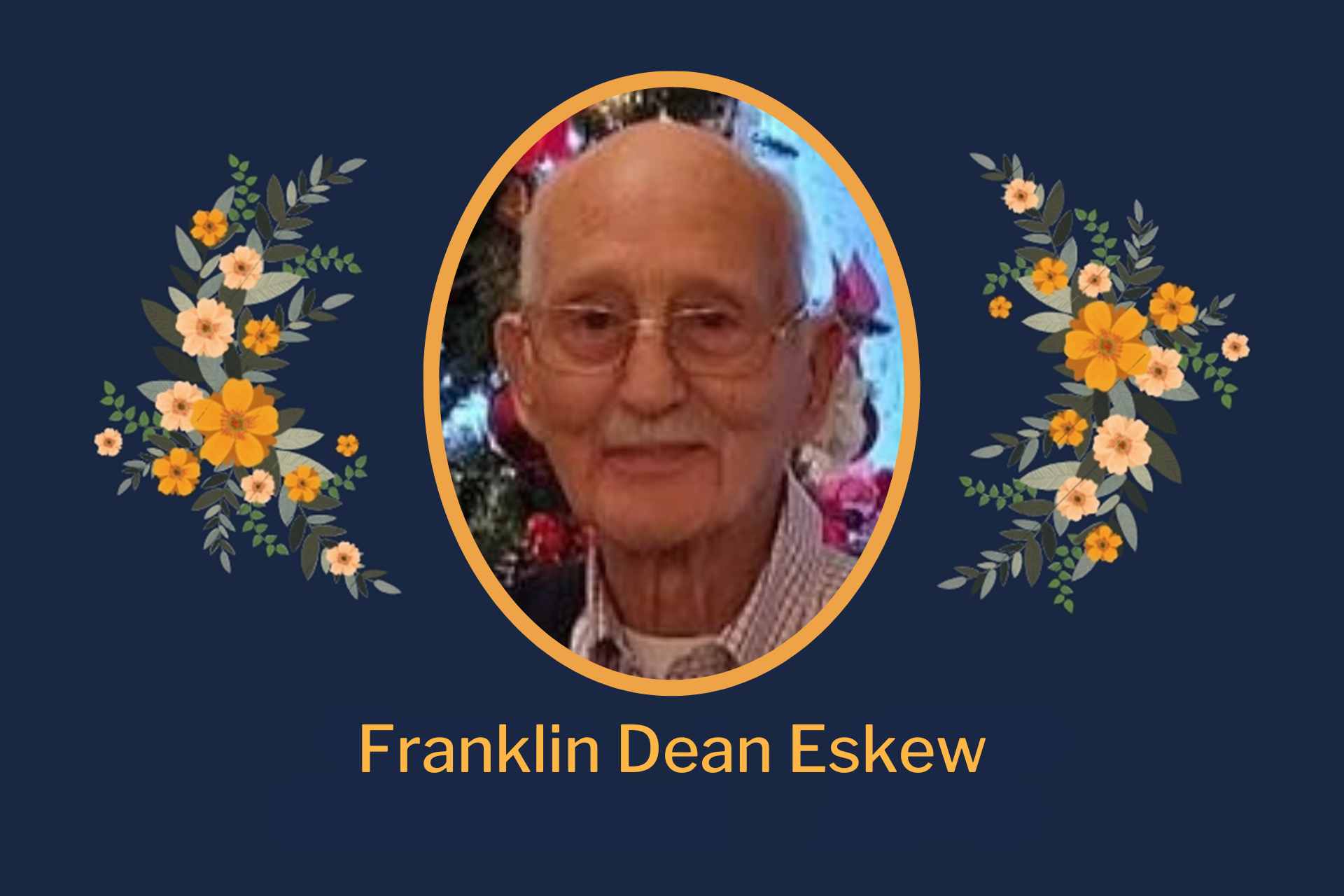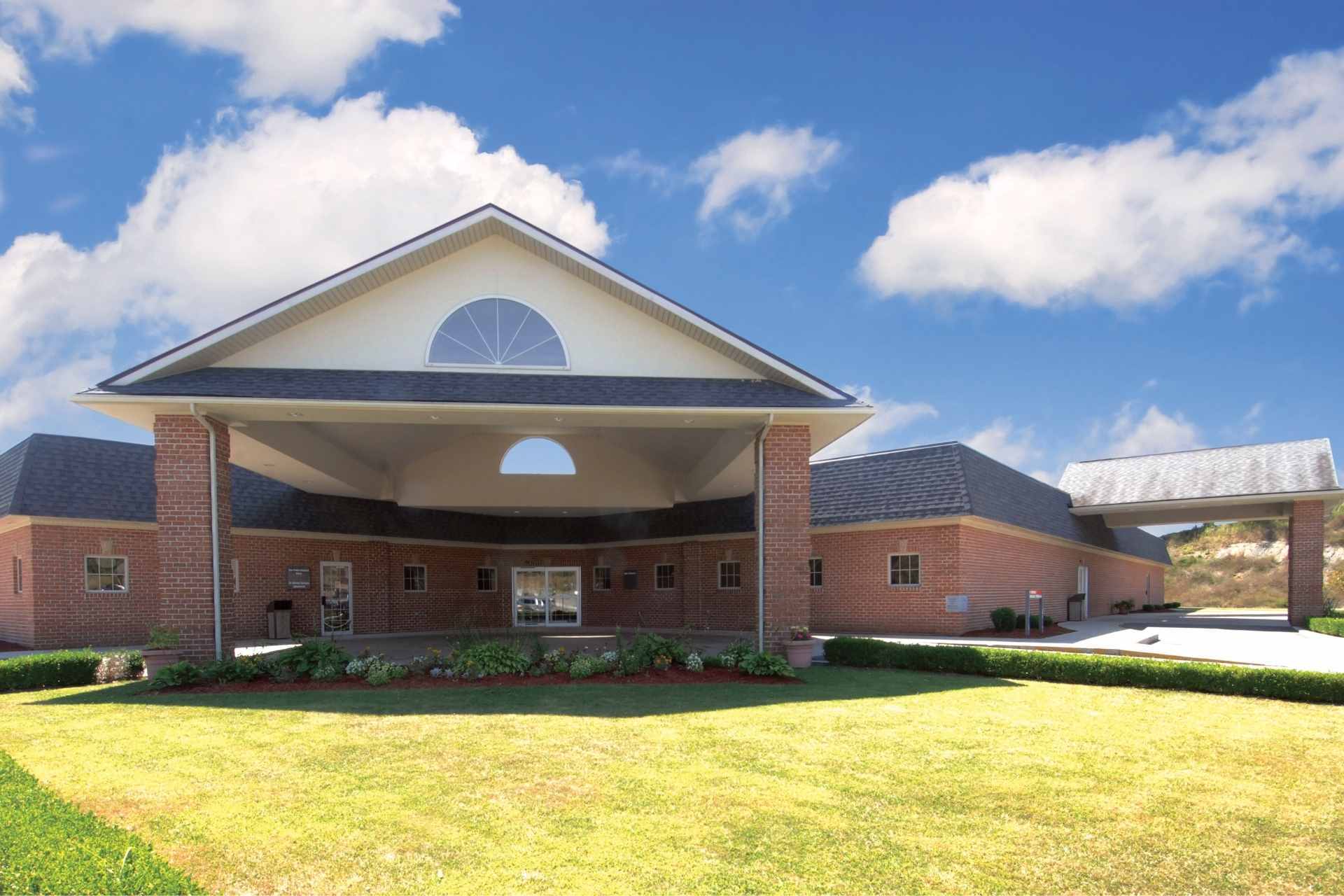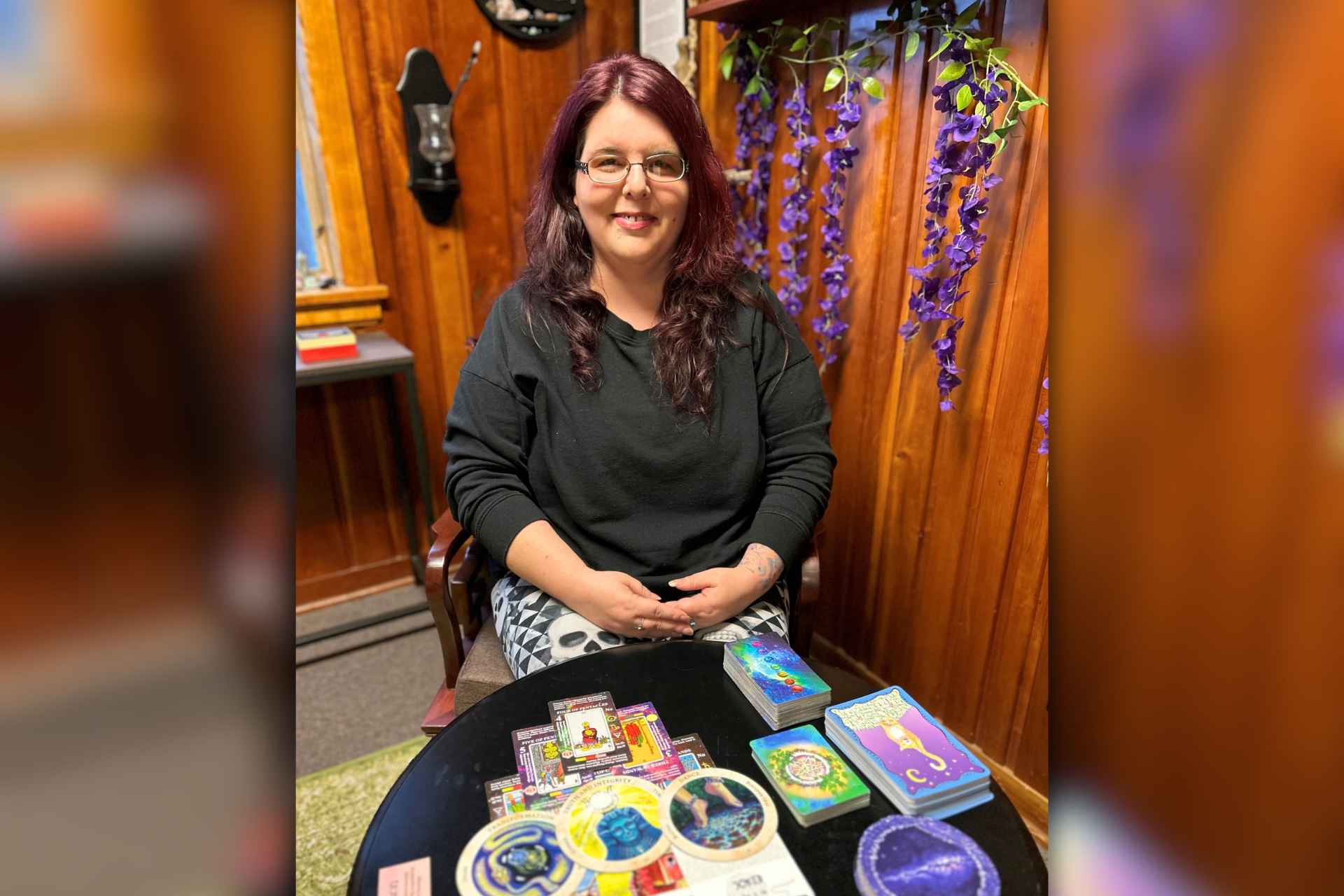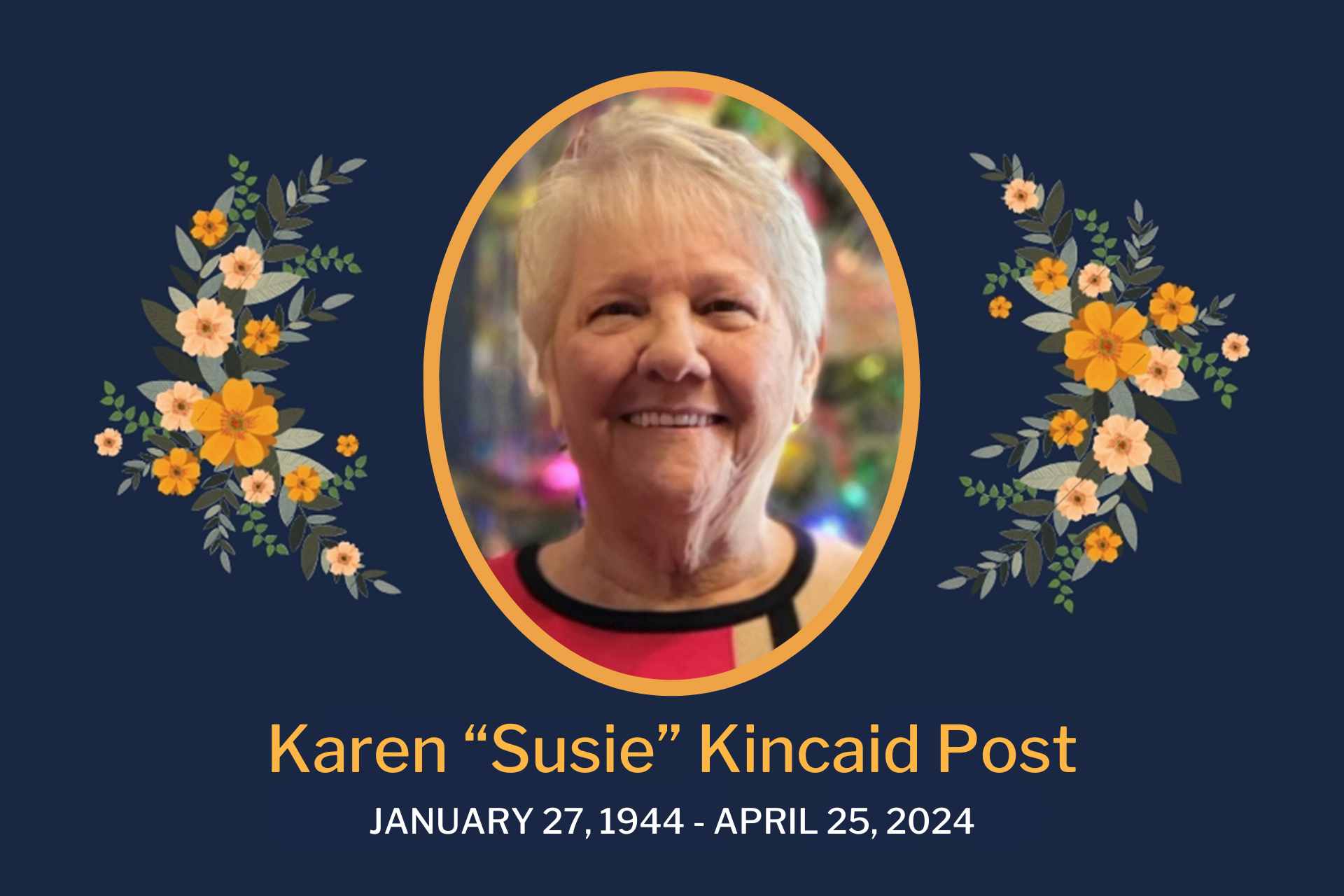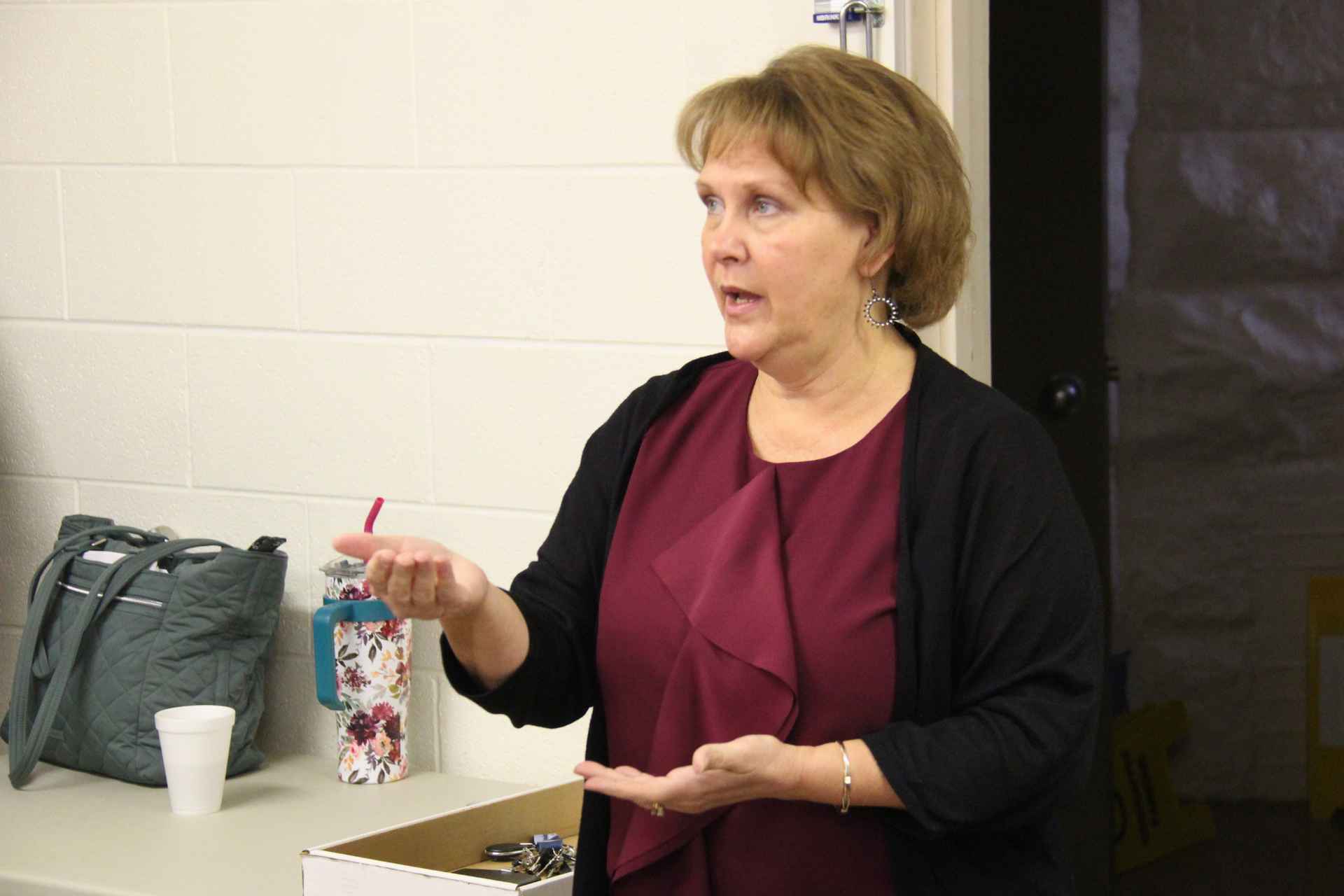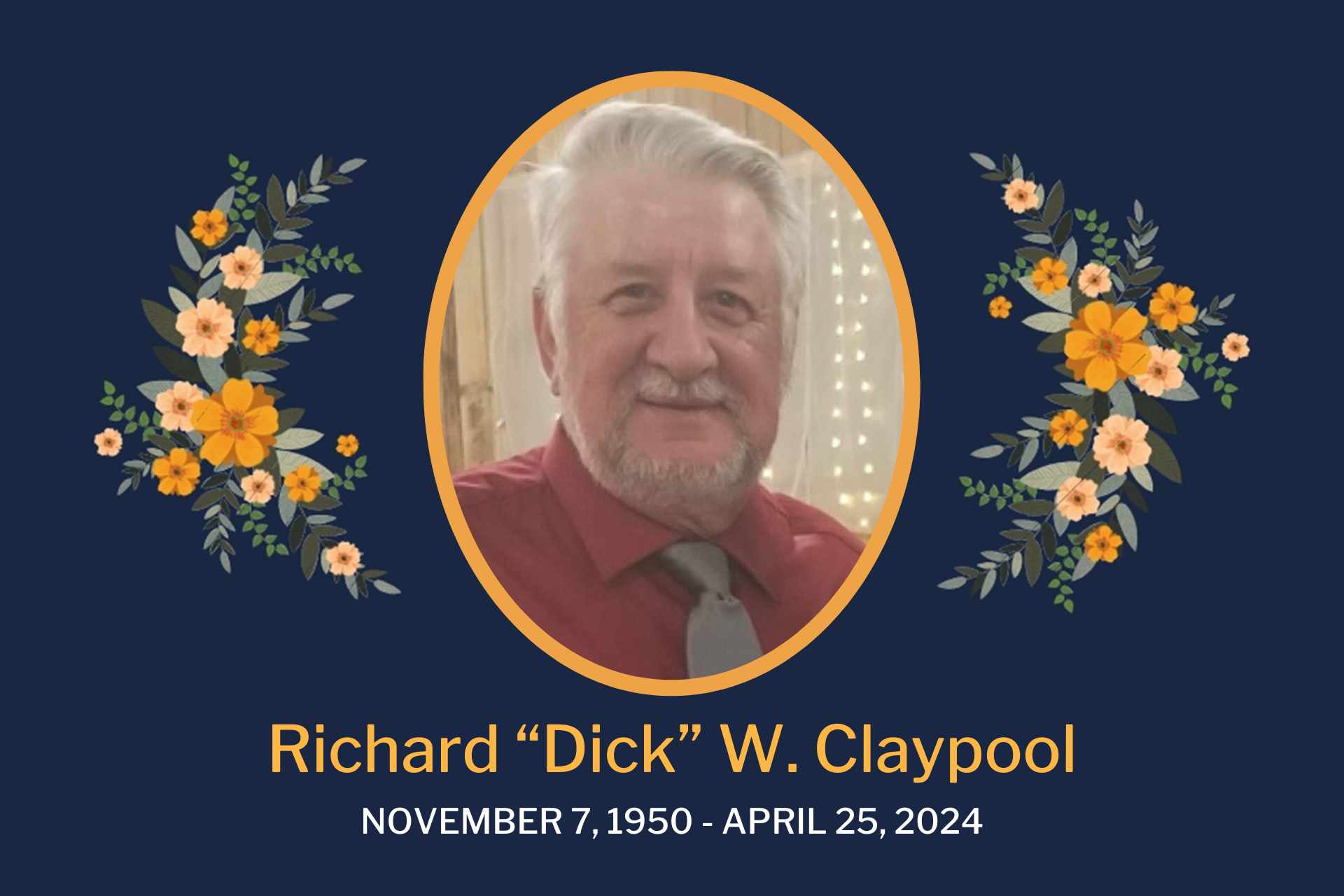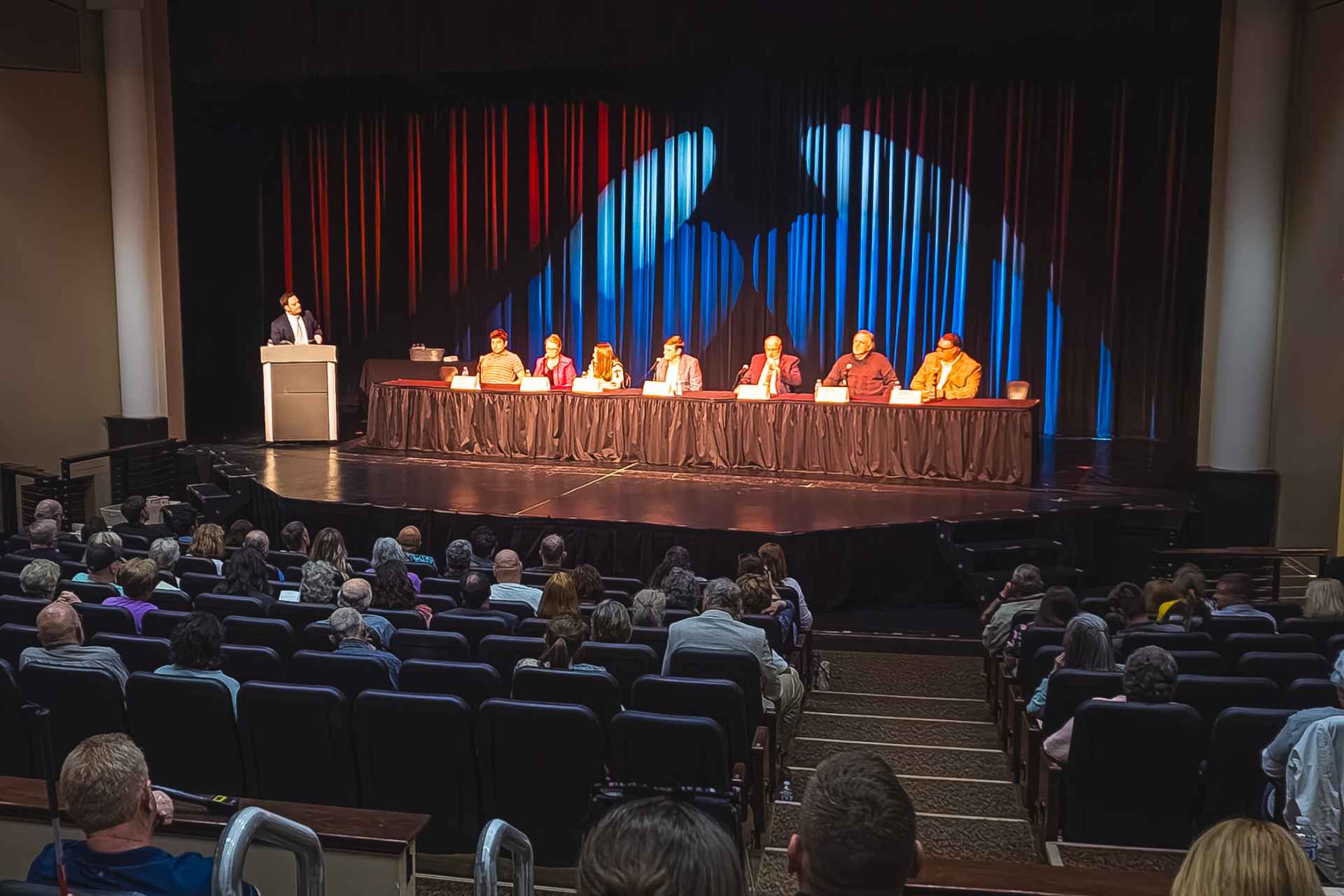By Dr. James Moore
WVWC President
I, like many folks, have been seeing a lot of headlines questioning the value of a four-year college education. Certainly, this is a legitimate question to be asking, especially with inflation causing financial stress for lots of middle- and low-income families. And while it appears that it’s starting to come back down a bit, those questions about the value of lots of things remain.
I’ve written before about why a college education matters. Studies show that the earning potential of a college graduate is much higher than that of someone who chooses not to pursue higher education. A college degree should prepare someone for a job and a career, yes. But it’s also a measure of someone’s ability to adapt and learn continuously. And as career paths become even more windy for young people, that adaptability will be even more necessary.
Rather than restate the case for why the investment is worth it for many students, I wanted to write about how West Virginia Wesleyan College makes that investment possible for students and their families. The common notion is that a private, independent college like West Virginia Wesleyan is too expensive for most people. While students in West Virginia can apply $5,200 of the Promise scholarship to our tuition costs, and the full $3,300 of the WV State Grant to total cost, Wesleyan as a rule doesn’t receive funds from the State government to operate. So, our cost structure starts at a different point than, say, a public college in West Virginia.
But what people don’t often realize is that our generous donor base has, for years, given us funds to establish scholarships that allow us to give awards to students that can reduce the cost of a Wesleyan education by as much as 50% or more. And, by stacking smaller scholarships for our students on top of these large, academic merit aid pieces, the cost comes down further. As an NCAA Division II school, we give generous athletic scholarships. We award aid to students who are involved in community service. We support performing and creative arts students, regardless of their major, with scholarships that allow them to continue to do the thing they love while achieving a four-year degree at one of the best schools anywhere.
The result of all of this is that, for most West Virginia college-bound students, a Wesleyan education costs nearly the same as a public college experience.
One factor that impacts student success is that we pride ourselves on being a residential college. Undergraduate students live on our campus in large numbers. In fact, over 90% of our new students live in college-owned housing. We have a variety of housing options for students, from traditional residence halls where students have a roommate, to single rooms, to houses that we own that provide an independent living experience for multiple students. We know how much of a headache paying rent can be for a college student. In some towns and cities in our state, a two-bedroom apartment, which often has a lease that’s not conducive to a student’s academic calendar, can be as high as $2,700 a month for twelve months, even if a student is only going to live there for ten of those twelve months because they want to see their family during summer break. That’s $32,400 — $16,200 per student. Now, this might be an extreme example, but it’s not altogether uncommon.
Oh, and that rent doesn’t include groceries. The vast majority of our students are on our meal plan, too.
I know what these variables are like. I didn’t attend a residential private college. I remember being terrified when I got my first gas bill in December of, yes, the year 2000. It was for more than I had in my checking account. Hustling to find an apartment was stressful, and I had to work lots of part-time gigs to come up with what I needed to afford rent. Roommates splitting bills was challenging for all of us, and I had good roommates. My parents were a great support, don’t get me wrong, but I wasn’t quite ready to manage it all. It certainly impacted the amount of mental bandwidth I had for my studies.
By removing the variables of students needing to find an apartment and deal with monthly utilities and groceries we help families control costs, and we ensure a more stable learning and living environment where young people can both enjoy themselves and focus on academic and extracurricular success.
Lots of students and their families already see the value in this type of experience, even students who live within a reasonable commuting distance of Wesleyan. I’ve always been surprised at the number of students who live in Barbour, Lewis, Randolph, and Upshur Counties who could commute to our college, but who choose to live on campus. Sometimes they make that choice after their first semester of commuting because they see the benefits of it as they’re making the transition to college. Others make the choice as soon as they deposit.
We see the value in these students, too. To that end, this week we are announcing a reduction in room costs for students from Barbour, Lewis, Randolph, and Upshur Counties. New and current full-time students from those counties living in campus-owned housing will have on-campus room costs reduced by $2,000 a year beginning in the Fall of 2024. We will honor this rate reduction, to any of our housing choices, the entire time a student is enrolled at WVWC. We will be releasing more information about this soon.
I hasten to add that I don’t want this piece to come off as an attempt to cast a negative light on our public colleges. We have great schools here in West Virginia where people can get a great education. I’m obviously biased as the president of a high-quality independent college and feel like we are among the best options for all students, but the college choice is a very personal one. What I’ve learned in my eighteen years as a professor and administrator at West Virginia Wesleyan College is that what we provide is an affordable, thoughtful, and safe environment that allows students to thrive. If you believe, like I do, that college is worth it, then it’s worth investing in the type of experience that sets you up for lifelong success from start to finish.
